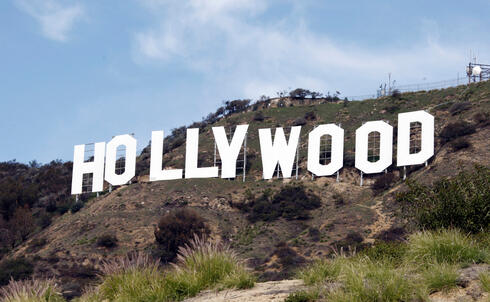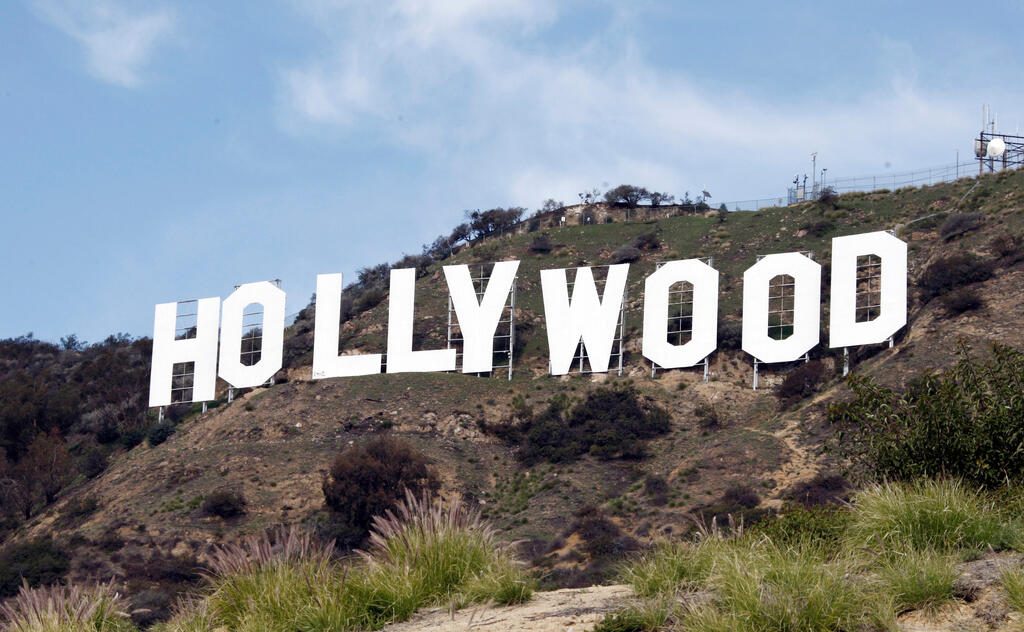
"The immediate fear of AI isn’t that our work will be replaced. It’s that we will be underpaid to rewrite its trash"
The Writers Guild of America is on strike to demand that AI be regulated and removed from writers’ rooms
The Writers Guild of America (WGA), representing 11,000 screenwriters, is currently striking over the use of AI in writers’ rooms, among other things. The immediate consequences of this strike may be felt by viewers, who will receive shorter seasons and shows than they've become accustomed to, like in the last large-scale strike in 2007. The WGA is striking against the Alliance of Film and Series Producers (AMPTP) which represents most of the major production companies, including Netflix, Disney, Amazon and Apple.
The WGA has been seeking to regulate the use of AI by production companies to write or rewrite existing materials, in addition to prohibiting the use of original materials to train AI models. The WGA’s basic demand defines a writer as a “person” and only a human’s work can be copyrighted. The AMPTP rejected the proposal and put forward a vague alternative in which it would hold annual meetings to discuss technological changes.
The WGA emphasizes that it is not afraid of being replaced by AI systems, but concerned that production companies will exploit these tools to reduce writers' salaries. Typically in the industry, those hired to polish initial drafts are paid less, and the WGA has not received assurance that a first draft written by an AI tool, will not be considered source material. The WGA demands include that “writers may not be assigned AI-generated material to adapt, nor may AI software generate covered literary material.”
Screenwriter C. Robert Cargill, who is known for the film Doctor Strange, among other things, tweeted: "The immediate fear of AI isn’t that us writers will have our work replaced by artificially generated content. It’s that we will be underpaid to rewrite that trash into something we could have done better from the start."
The AMPTP has said in response to the strike that technology "raises hard, important creative and legal questions for everybody.” The group added, “writers want to be able to use this technology as part of their creative process, without changing how credits are determined, which is complicated given AI material can’t be copyrighted. So it’s something that requires a lot more discussion, which we’ve committed to doing.”
AI systems are at the center of several ongoing copyright disputes. For example, Getty Images is suing Stability AI, the company behind text-to-image generator Stable Diffusion, for using a dataset containing over 12 million photographs from Getty to train its model.
Whether the demands of the WGA are accepted or not, this is the most significant move made thus far by creatives. It also serves as a signal to other industries, with writer and producer Justine Bateman tweeting: “Understand that our fight is the same fight that is coming to your professional sector next: it’s the devaluing of human effort, skill, and talent in favor of automation and profits.”














